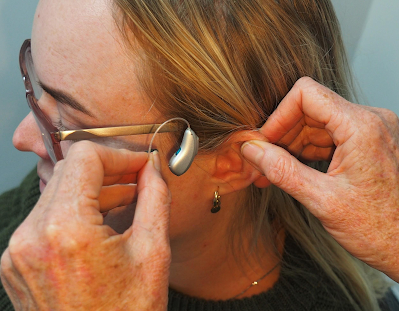Ear wax helps keep your ears clean and free of bacteria. However, over time, ear wax can build up, causing pain and difficulty in hearing. This article describes how to remove ear wax using a few simple techniques safely.
What Are The Dangers Of Unblocking Your Ears?
A few dangers can come with trying to unblock your ears without the proper precautions. If the blockage is too large or deep, it can lead to other health complications, including hearing loss. Additionally, unblocking your ears without professional help can be extremely dangerous and result in permanent damage or even death. If you're ever unsure whether you should clear your ears, consult with a doctor or medical professional first.
Best Remedies For Blocked Ears
If you are experiencing ear blockage, there are a few things that you can do to try and safely unblock your ears. Here're some of the best remedies for blocked ears:
- Drink Plenty Of Water: The first step is to drink plenty of water. This will help flush any debris causing the blockage and allow the ear to heal.
- Gargle With Saltwater: If drinking water isn't enough, you can also try gargling with salt water. Saltwater is known to help unblock ears and relieve pain. Mix 2 tbsp of salt into half a glass of warm water andgargle it into your ears several times a day.
- Use A Vacuum Cleaner: If gargling or drinking water isn't working, you can also try using a vacuum cleaner to remove any debris blocking your ears. Use the attachments with the vacuum cleaner for the best results.
- Apply Heat: If all else fails, you can also apply heat to your ears to unblock them. You can do this by using a hot compress, placing a hot towel on your ear, or using an electric heating pad. Be careful not to overheat your
If you're experiencing difficulty hearing, it is essential to seek professional help as soon as possible. Attune is one of the leading hearing healthcare clinics in Australia. Our specialists can help diagnose the issue and provide you with the best possible treatment plan.






